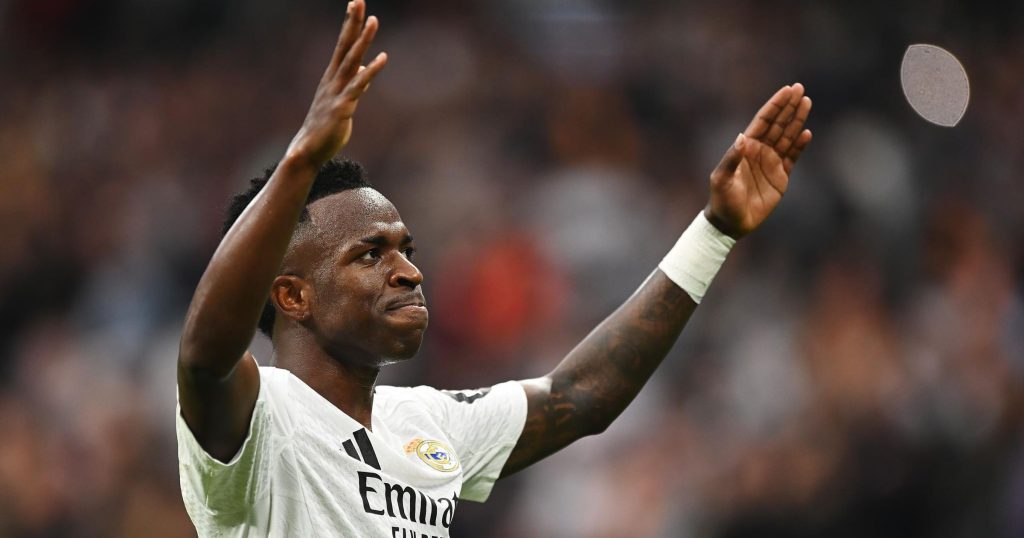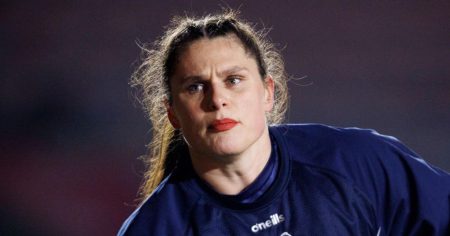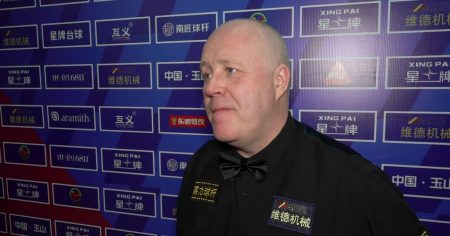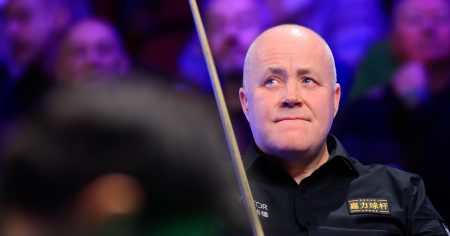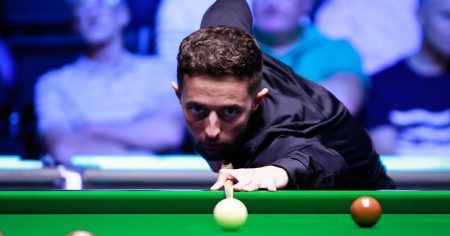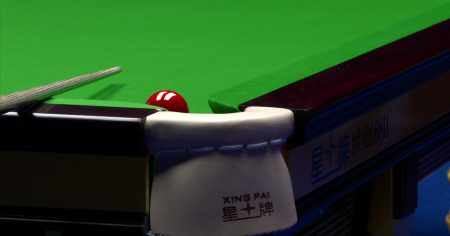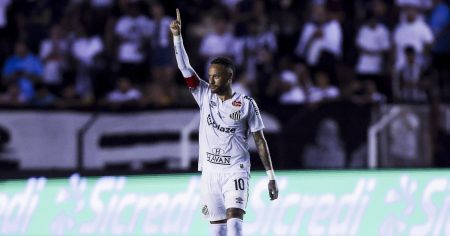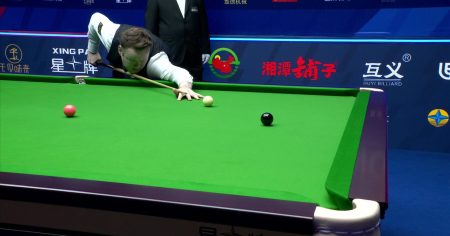Cristiano Ronaldo’s assertion that Vinicius Junior deserved the Ballon d’Or over Rodri ignites a fascinating debate at the heart of football’s most prestigious individual award. The crux of the argument lies in the contrasting roles and contributions of these two exceptional players, representing different styles of play and impacting the game in distinct ways. While Rodri anchored the treble-winning Manchester City side with his midfield mastery, Vinicius Jr. dazzled with his electrifying wing play for Real Madrid. Ronaldo’s perspective, arguably colored by his own history with Real Madrid and his penchant for flamboyant attacking football, highlights the eternal tension between recognizing individual brilliance and rewarding collective success. This tension underlies the complex criteria employed by Ballon d’Or voters, who must weigh a multitude of factors including individual statistics, team achievements, and overall influence on the game.
Examining Vinicius Jr.’s claim to the Ballon d’Or, one encounters a player brimming with talent and potential. The Brazilian winger consistently showcased his blistering pace, breathtaking dribbling skills, and an increasing ability to find the back of the net. His contributions to Real Madrid’s Champions League campaign, although ultimately falling short, were undeniably significant. Vinicius Jr. represents the exhilarating, unpredictable element of football, capable of single-handedly turning the tide of a match with a moment of individual brilliance. He embodies the aesthetic, the spectacle that often captivates fans and leaves a lasting impression. However, the argument against his claim rests primarily on the lack of major silverware, especially when compared to Rodri’s treble-winning season. While individual brilliance shines brightly, the Ballon d’Or historically favors players who contribute significantly to team success at the highest level.
Rodri’s case for the Ballon d’Or is built upon the solid foundation of collective triumph. He played a pivotal role in Manchester City’s historic treble, orchestrating the midfield with his exceptional passing range, tactical awareness, and defensive solidity. Rodri provided the crucial link between defense and attack, dictating the tempo and ensuring the smooth functioning of Pep Guardiola’s intricate system. His importance was underscored by his decisive goal in the Champions League final, the pinnacle of a season filled with consistent and impactful performances. Rodri’s understated brilliance, while not as visually captivating as Vinicius Jr.’s flair, was undeniably crucial to Manchester City’s success. He represents the strategic, the cerebral aspect of football, the player who may not always grab the headlines but whose influence is deeply ingrained in the team’s fabric.
Ronaldo’s perspective, shaped by his own illustrious career as a prolific goalscorer and a five-time Ballon d’Or winner, likely resonates with the emphasis on individual brilliance. He himself often dazzled with moments of individual magic, scoring spectacular goals and captivating audiences with his skill and athleticism. This perspective, while valuing team success, perhaps prioritizes the individual’s direct contribution to the spectacle of football. From this viewpoint, Vinicius Jr.’s thrilling runs and game-changing moments might hold greater weight than Rodri’s more subtle but equally crucial contributions to a dominant team. This divergence of opinion highlights the subjective nature of the Ballon d’Or, where individual preferences and interpretations of the game inevitably influence the final decision.
The Ballon d’Or, as football’s most coveted individual prize, inherently faces the challenge of balancing individual brilliance with collective achievement. The debate between Vinicius Jr. and Rodri perfectly encapsulates this dilemma. Should the award recognize the electrifying talent capable of producing moments of magic, even in the absence of ultimate team success? Or should it reward the player who exemplifies the virtues of teamwork, consistency, and contribution to a historically significant triumph? There are valid arguments on both sides, and the final decision often depends on the individual voter’s interpretation of what constitutes the most valuable contribution to the beautiful game.
Ultimately, the Ballon d’Or remains a subjective award, reflecting the diverse perspectives and preferences within the footballing world. While Rodri’s treble-winning season undeniably holds significant weight, Vinicius Jr.’s individual brilliance and exciting potential also deserve recognition. Cristiano Ronaldo’s endorsement of the Brazilian winger underscores the importance of acknowledging individual flair and impact, even in the face of collective success. The debate, however, continues, reflecting the dynamic and ever-evolving nature of football itself. The Ballon d’Or, in its essence, is a celebration of the game’s diverse talents and the multitude of ways in which players contribute to its enduring appeal.




